North Carolina takes any charge of DWI seriously. The state aggressively prosecutes anyone arrested on DWI manslaughter, and punishments are harsh. However, some cases may be less serious and probation may be a possibility.
Definition Of Manslaughter
 In North Carolina, DWI manslaughter is an action resulting in the death of someone that wouldn’t be classified as murder. There are three types of manslaughter:
In North Carolina, DWI manslaughter is an action resulting in the death of someone that wouldn’t be classified as murder. There are three types of manslaughter:
- Voluntary, the killing of a person with intent, such as a self-defense situation where deadly force wasn’t warranted
- Involuntary, the killing of a person without intent, such as in the act of a non-felony crime, was criminally negligent or engaging in negligent conduct at the time
- Vehicular, in which a person dies through an action involving a motor vehicle driven by someone in a reckless or negligent manner. Also called “death by vehicle,” it includes DWI, texting while driving, speeding, and other offenses.
Vehicular manslaughter that involves DWI is the most serious. At the least, an individual convicted of DWI will spend 24 hours in jail or have 24 hours of community service, along with a $200 fine.
Probation Is Possible
It is possible to receive probation after a DWI manslaughter case, but it will depend on the facts of your case, such as prior convictions and mitigating or aggravating factors. While it may not include incarceration, probation is not a “get out of jail free” card, either.
North Carolina has two types of probation: supervised and unsupervised. Both types have specific requirements and last for a specific length of time which are decided by the judge. This will include not participating in any criminal activity.
- Unsupervised Probation has fewer conditions and is less restrictive. You will not have a probation officer but will have certain conditions you will have to meet. They can include:
- Payment of all fines and court costs ordered by the judge by a specific deadline
- Completion of an alcohol assessment and treatment program
- Perform a defined term of community service, with the number of hours ordered by the judge
- Being barred from driving without limited driving privileges or have a legal right to drive
- Supervised probation requires you to follow the conditions for unsupervised probation, and all conditions issued by the judge, which may also include:
- Paying all fees and court costs associate with being on probation
- Regular meetings with your probation officer as required
- Being either enrolled in school or employed, and notifying your probation officer if you are no longer employed or enrolled
- Requiring permission from your probation officer to leave the state for any reason
- Submit to blood, urine, or breath tests, or warrantless random searches if your probation officer sees the need
- Submit to warrantless searches by law enforcement if they believe you may have been involved in any criminal activity.
- Not possessing any illegal drugs or any controlled substances without a prescription from a licensed physician
Of course, you must strictly adhere to the terms set out by the judge for your probation. If you don’t follow the requirements, your probation can be revoked, and you can be sent to jail.
Getting to the point of probation requires the help of a skilled DWI attorney who can help with a case of DWI manslaughter.
DWI Manslaughter Defense Attorney
DWI, or Driving While Intoxicated, is always a serious charge in Raleigh, and anywhere in North Carolina. If you’ve been arrested for DWI Manslaughter or any DWI charge in Raleigh, it’s vital that you have a strong legal defense. Without it, you could be facing a longer jail sentence without the possibility of probation.
Dewey P. Brinkley is a Raleigh DWI defense attorney who can aggressively defend you against any DWI charges and protect your rights in the courtroom. We will work to have your charges reduced to probation or even dismissed. Call the law offices of Dewey P. Brinkley today for a free initial consultation to discuss your DWI case at (919) 832-0307. You can also use our online contact form.

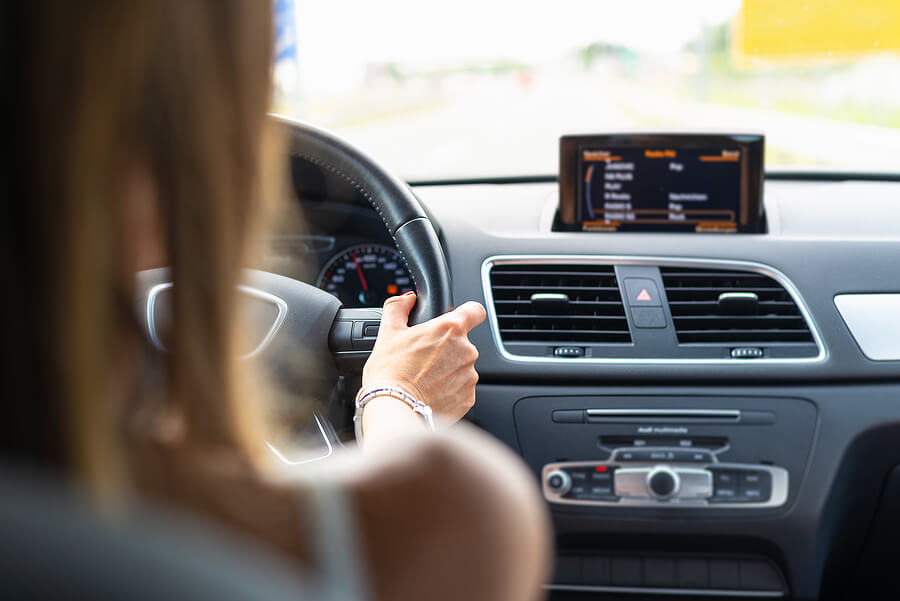 North Carolina Law
North Carolina Law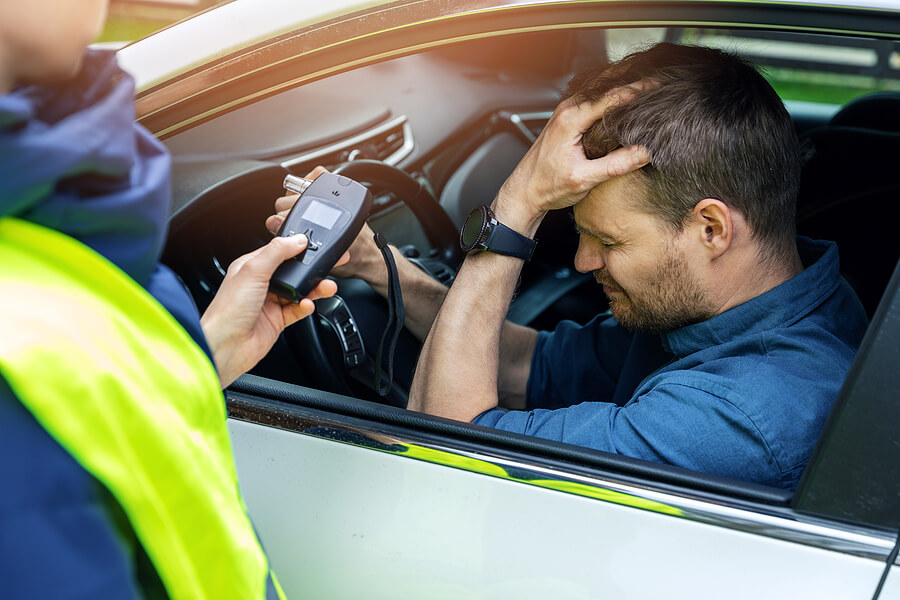 The usual Schedule 1 drugs are covered here:
The usual Schedule 1 drugs are covered here: For a single offense, you can lose your license for:
For a single offense, you can lose your license for: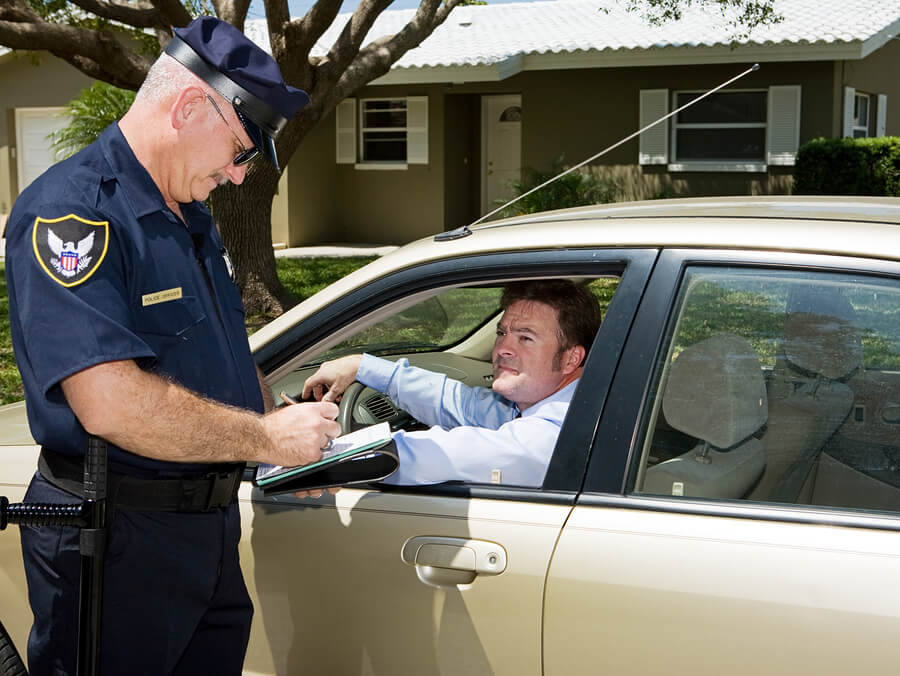
 Depending on where you’re employed and what you do now, you may or may not be terminated. North Carolina is an “at-will” employment state, where you can be terminated with or without a cause, and there may be a policy that a DWI or other criminal arrest is cause for immediate termination.
Depending on where you’re employed and what you do now, you may or may not be terminated. North Carolina is an “at-will” employment state, where you can be terminated with or without a cause, and there may be a policy that a DWI or other criminal arrest is cause for immediate termination.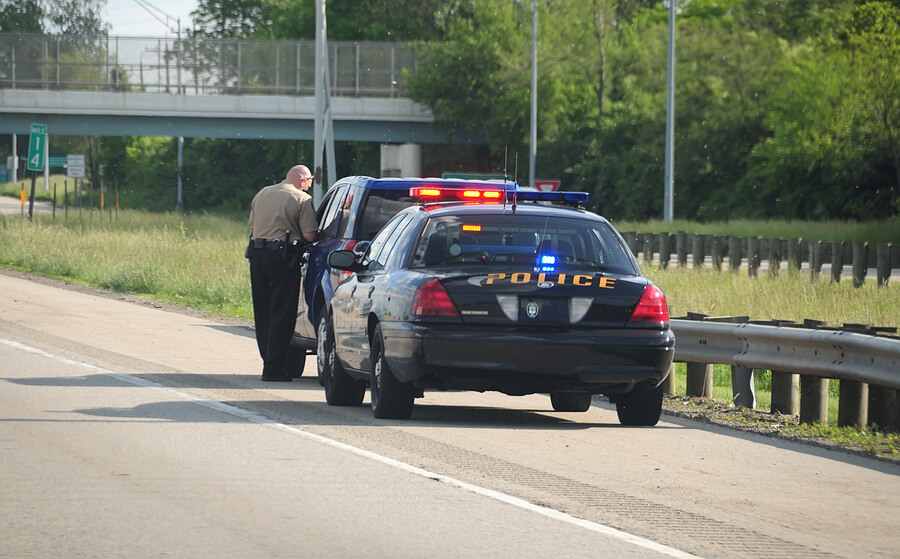 Anytime you’re issued a traffic ticket, you’re given a court date to appear. You can hire a traffic ticket attorney and have them take care of it. This, of course, is depending on the charge and severity. For instance, running a stop sign is not as severe as a DUI or vehicular manslaughter, for which you will be required to go to court, and possibly spend time in jail. But they will all have a court date.
Anytime you’re issued a traffic ticket, you’re given a court date to appear. You can hire a traffic ticket attorney and have them take care of it. This, of course, is depending on the charge and severity. For instance, running a stop sign is not as severe as a DUI or vehicular manslaughter, for which you will be required to go to court, and possibly spend time in jail. But they will all have a court date.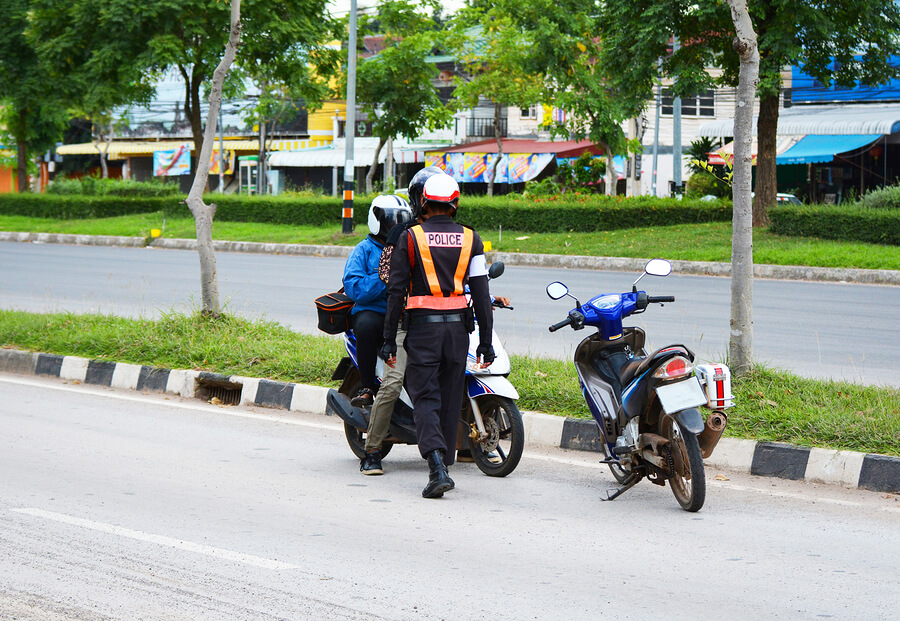 While a police officer’s observation and opinion is frequently the prevailing one, evidence may be used to prove your side of the story:
While a police officer’s observation and opinion is frequently the prevailing one, evidence may be used to prove your side of the story: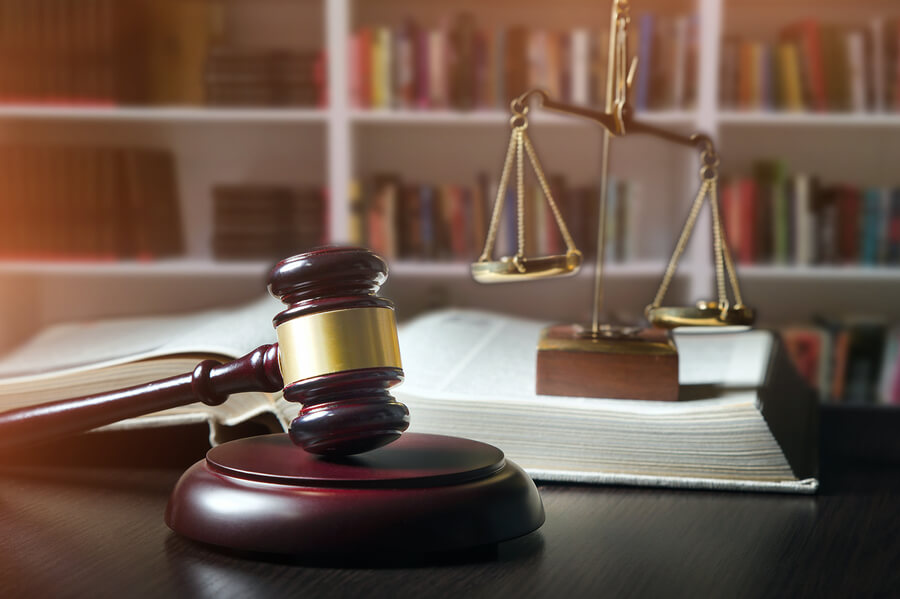 One of the determining factors may be
One of the determining factors may be  The “Walk-And-Turn” Test, in which you’re asked to walk in a straight line, one foot in front of the other, for a specific number of steps. Your balance as well as your ability to remember the number is observed.
The “Walk-And-Turn” Test, in which you’re asked to walk in a straight line, one foot in front of the other, for a specific number of steps. Your balance as well as your ability to remember the number is observed.